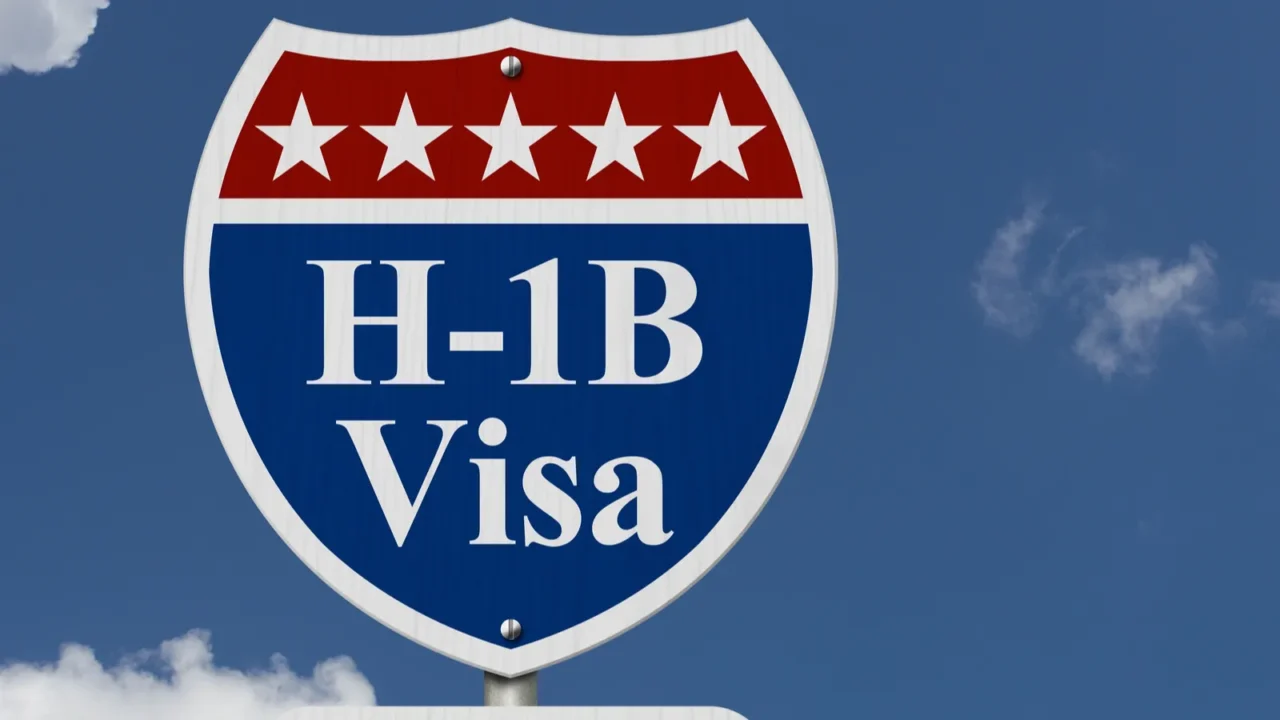
A visa change shaking up jobs
When the U.S. raised the cost of an H-1B visa to $100,000, it caught millions by surprise. For companies and skilled workers who depend on the program, the price tag changed everything overnight.
Now, some of America’s biggest employers are rethinking how they hire global talent, and many workers are left wondering if their dream job just got too expensive to reach. It’s a turning point that could redefine how U.S. companies compete for global talent.

Why the H-1B matters so much
The H-1B visa lets U.S. companies bring in skilled professionals from around the world, especially in tech, healthcare, and engineering. It’s helped fill gaps in industries that struggle to find enough qualified workers.
For years, it’s been a bridge between American innovation and global talent. But that bridge just got a lot more expensive to cross. The ripple effects could touch everything from startups to Silicon Valley giants.
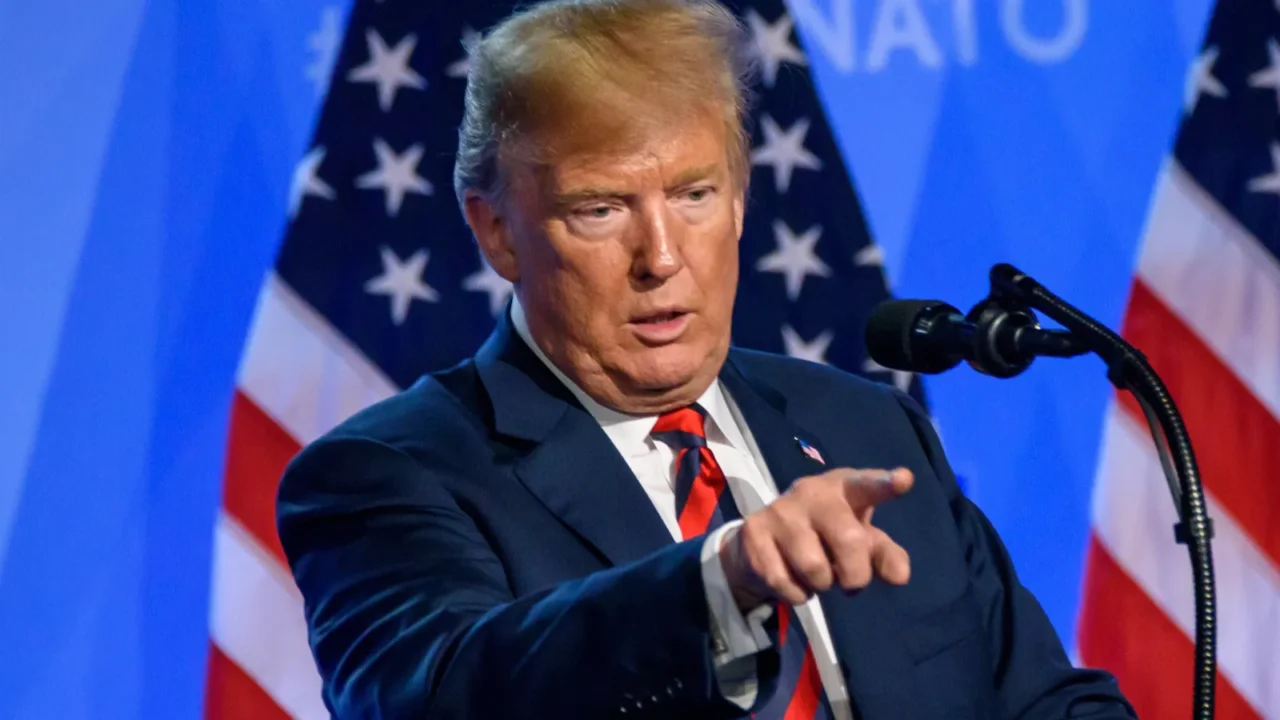
Trump’s $100k surprise
President Trump’s administration introduced a massive $100,000 fee for new H-1B applications in September 2025. The idea was to protect American jobs and stop companies from hiring cheaper foreign labor.
Supporters argue that the move protects opportunities for American workers. Critics argue it makes America less competitive by shutting out top global talent. It’s a bold move that’s already sparking fierce debate across industries.
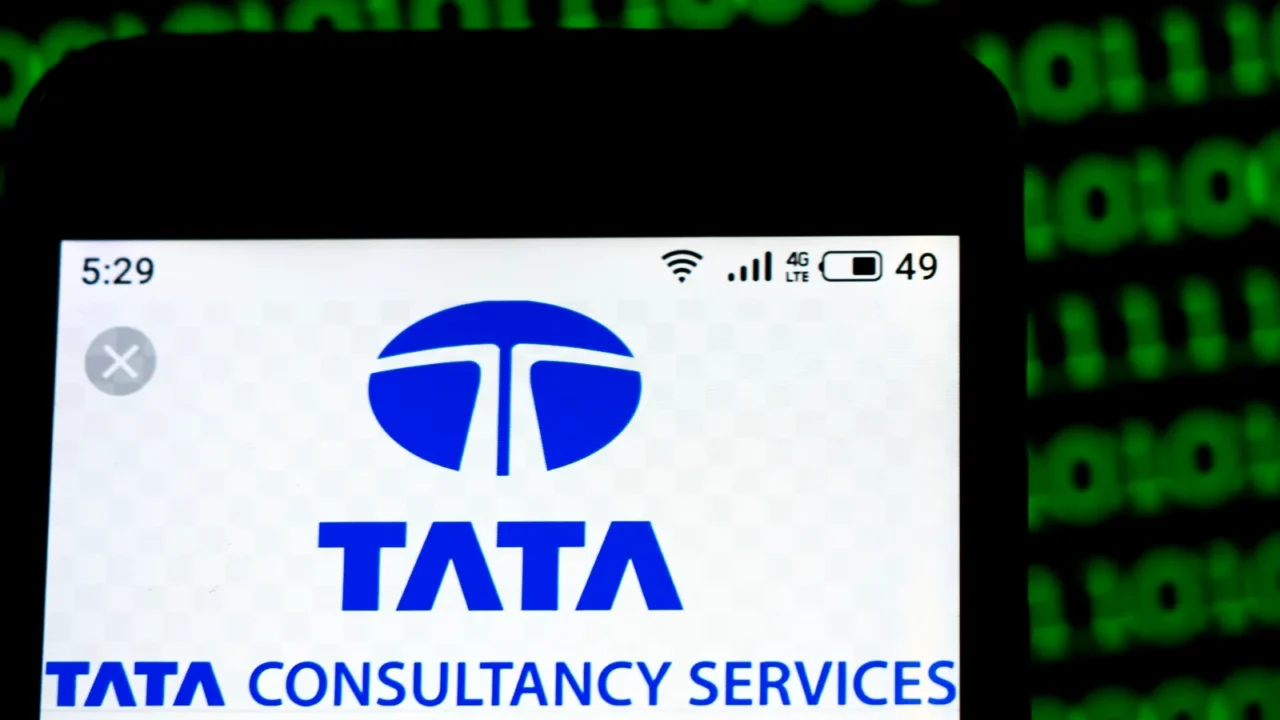
Big companies hit the brakes
The new fee pushed several well-known companies to pause or cancel their visa sponsorship programs. Walmart, Cognizant, and Tata Consultancy Services are among those rethinking who they can afford to hire.
For foreign workers, that means fewer chances to land jobs in America. For U.S. companies, it could mean missing out on the world’s best minds. The talent race is suddenly looking a lot more complicated.
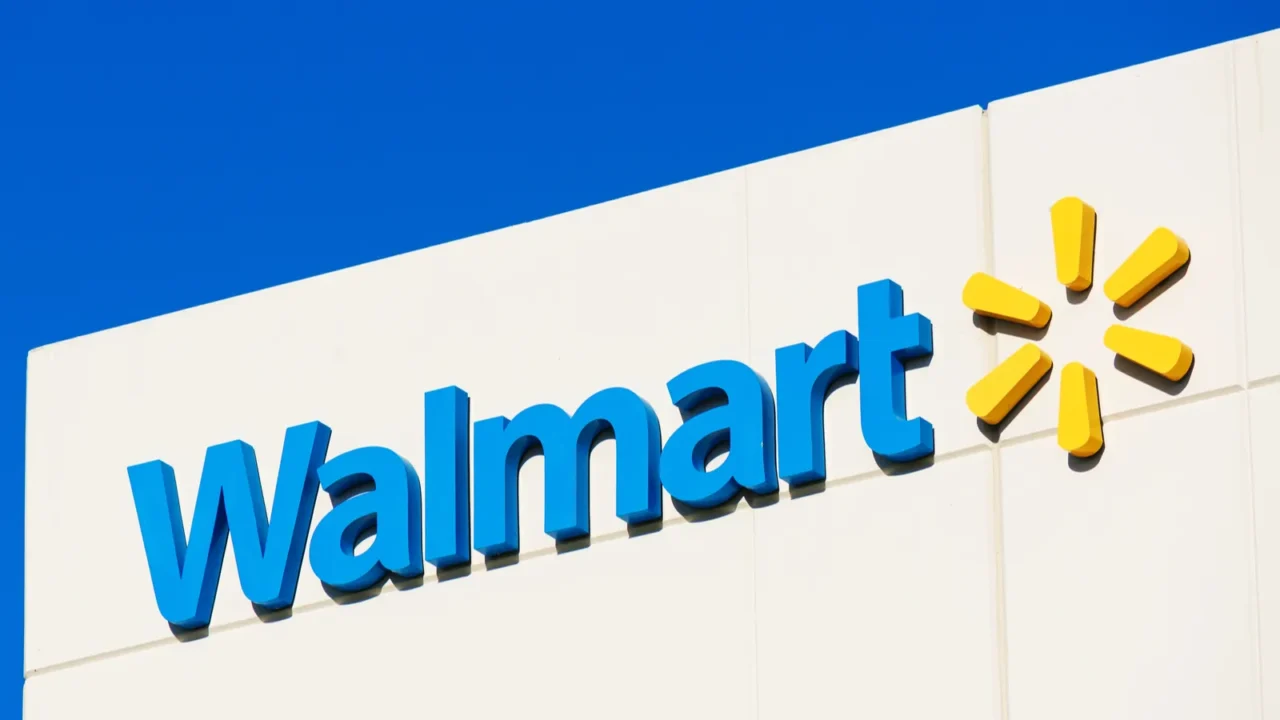
Walmart’s cautious move
Walmart confirmed it’s pausing sponsorships for now, even though it employs thousands of H-1B holders. The retail giant says it’s still committed to hiring great talent, but it’s being careful about costs.
That pause could delay new tech and supply-chain projects that depend on specialized workers from abroad. Even a short pause could ripple through major U.S. industries.
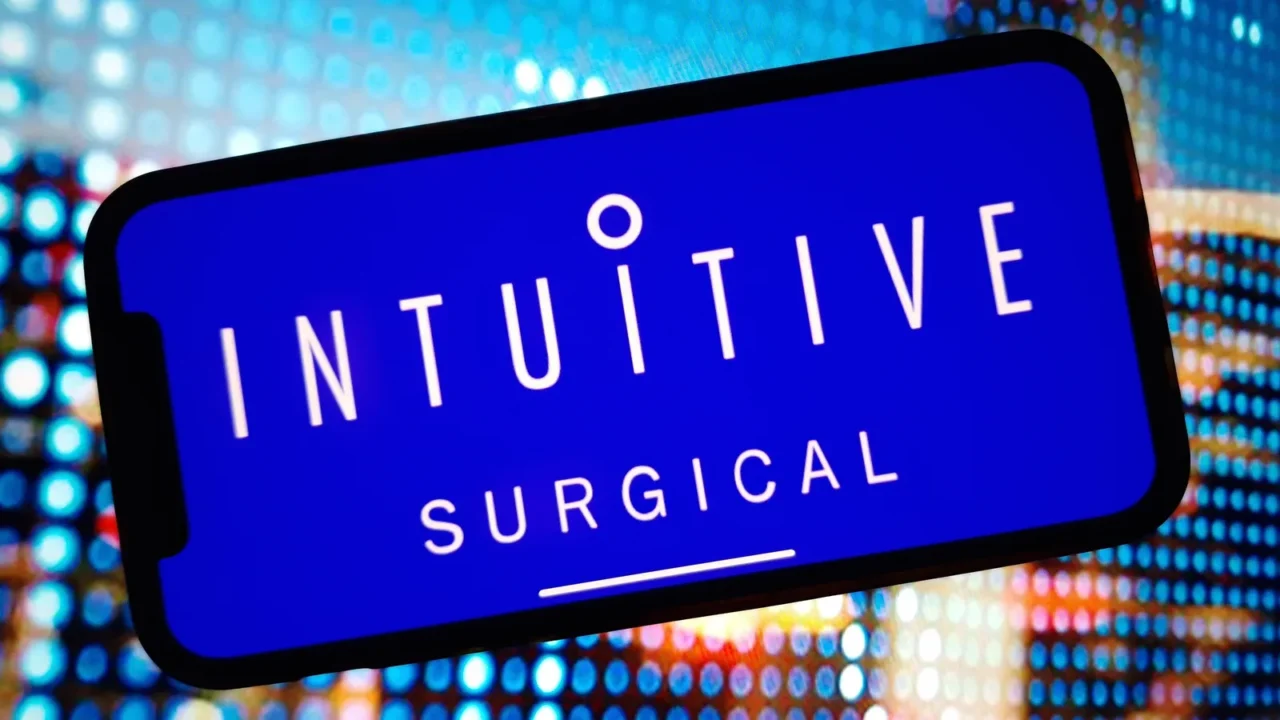
Tech firms feeling the pressure
Intuitive Surgical and Cognizant have both scaled back their sponsorships, citing uncertainty and cost. Some job listings now say applicants must already have U.S. work authorization.
For many skilled workers overseas, that simple line closes the door to opportunities they’ve spent years preparing for. For global applicants, it’s a reality check they didn’t see coming.

Nvidia stands firm
Not every company is backing away. Nvidia, one of the biggest names in tech, said it will keep sponsoring H-1B applicants and cover the new fees.
CEO Jensen Huang called global talent the company’s strength, a statement that sent a hopeful message to skilled workers around the world. It’s a reminder that innovation often thrives when borders stay open.

Why small businesses are worried
Big companies might manage the new costs, but smaller startups could struggle. The Chamber of Commerce warned that the $100,000 fee is “cost-prohibitive” for small and midsize employers.
That could hurt innovation and make it harder for new companies to grow, especially in industries that rely on specialized tech talent. For small firms, every dollar now counts more than ever.
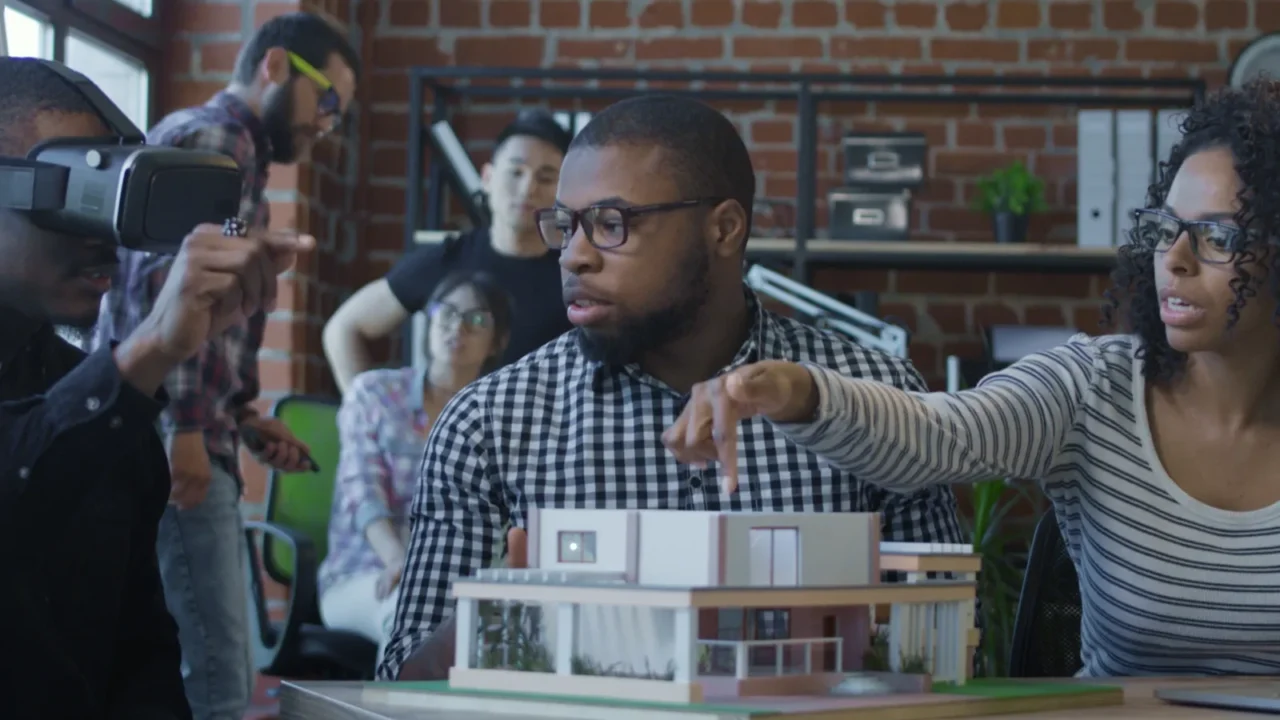
How it affects American workers
Some see this as a win for U.S. employees, arguing that fewer visas mean more local jobs. But others worry it could backfire if companies move projects overseas instead.
When hiring foreign experts becomes too costly, businesses might simply take their investments to other countries. That shift could quietly reshape America’s job market over time.

The global talent shift
Immigration lawyers say companies are already exploring other visa types, like the L-1 or E-2, to keep projects running. Others are setting up offices abroad to tap talent without U.S. restrictions.
The result could be a quiet shift, where innovation follows the workers, not the other way around. It’s a reminder that talent will always find a place to grow.

What experts are saying
Legal experts like Mark Koestler note that the new rules mostly affect workers outside the U.S., not current H-1B holders. But the long-term impact could reshape hiring patterns.
Fewer new applicants mean less diversity and slower knowledge transfer, things that have long made the American workforce stronger. The full effect may not be clear for years to come.

High hopes, high costs
Supporters of the change say it will push companies to invest more in American training and education. That’s a noble goal, but retraining takes time, and tech jobs often need skills that schools can’t supply fast enough.
Until that gap closes, employers may feel stuck between rising costs and shrinking talent pools. It’s a costly gamble on how fast America can reskill its workforce.
Worried how this visa change could impact international careers? See how Trump’s $100,000 visa fee is expected to hit thousands of Britons and what it could mean for jobs and opportunities abroad.

What happens next
The new fee is already in effect, and applications for 2026 are full. The government says it’s part of a broader effort to protect U.S. workers, while businesses continue to fight back in court.
What comes next will depend on whether the administration sticks to its plan or adjusts as industries push for change. Everyone’s watching to see if a compromise is on the horizon.
Curious about the fallout? Check out how H-1B costs are shaking up DMV businesses and what it means for local jobs and companies next.
What do you think, should companies pay the $100K fee or focus on local talent? Share your thoughts in the comments
Read More From This Brand:
- The happiest U.S. cities to live in, according to a new study
- Why more people are leaving California for Florida
- Hidden villages in the Swiss Alps where time feels frozen
Don’t forget to follow us for more exclusive content right here on MSN.
This slideshow was made with AI assistance and human editing.